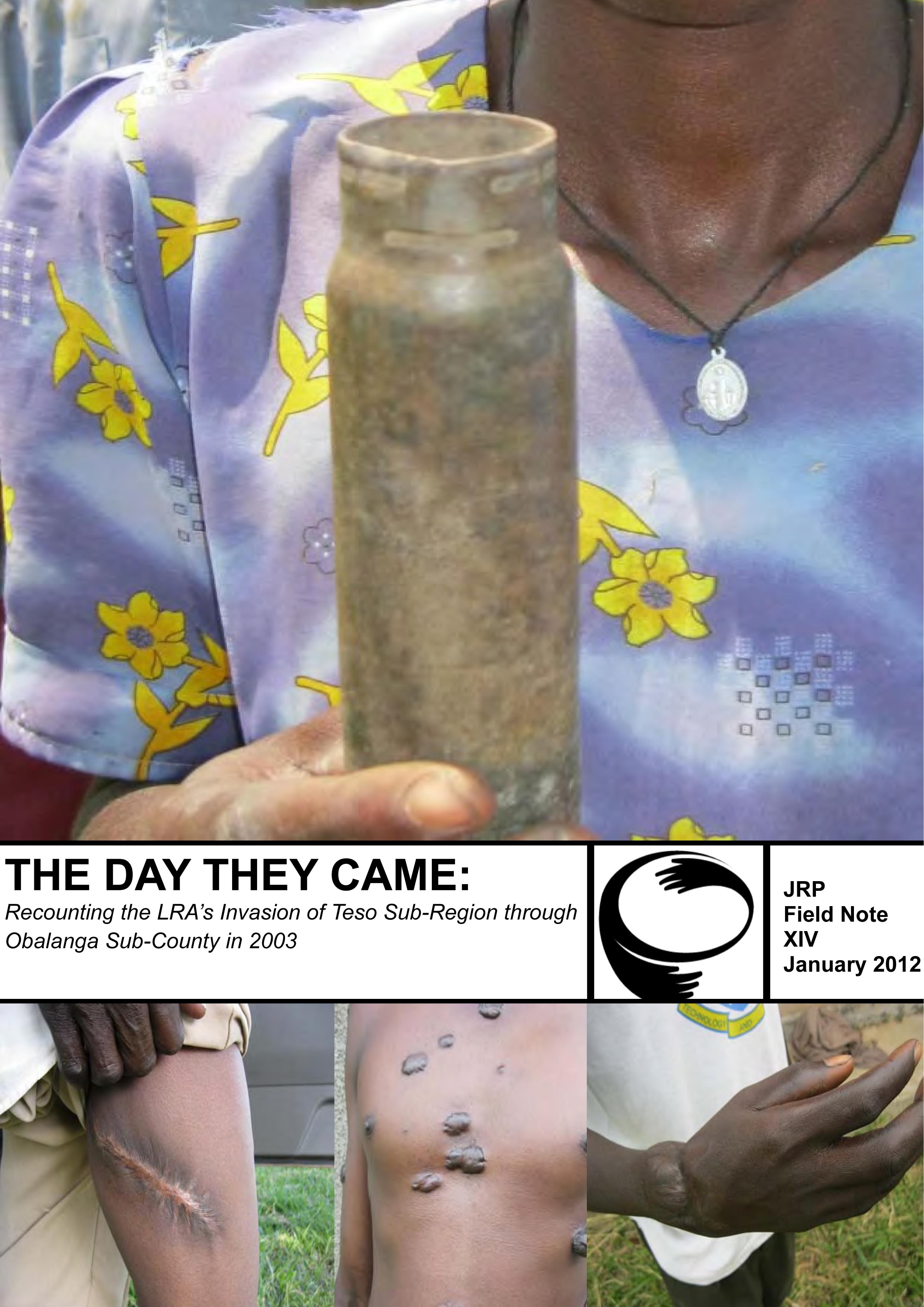
It can finally be said that Lukodi’s community has its history documented in its member’s own words and based on their memories. But this just the beginning. On the 20th of November 2013, the Lukodi Memorial Site officially launched Community-Led Documentation in Lukodi, a village on the outskirts of Gulu town, which was the site of an infamous LRA attack in 2004.
Under Community-Led Documentation, the community of Lukodi was given the tools to document its own history and experiences. The objective is to promote accurate community-owned documented material for current and future generations. JRP plans to extend this initiative to other war-affected communities in the future to enable them to tell their own stories.
The event was attended by representatives of Gulu local government, the Royal Norwegian Embassy, ChildFund, survivors of the Lukodi massacre of 2004, community members of Burcoro, students of Lukodi primary school and the area councillor for Bungatira sub-county in which Lukodi is located, among others.
During the event, community members performed songs and poems which reflected on the pillars of their transitional justice needs – these included poems entitled Ada Ber (‘the truth is good’, on the value of truth telling) and Lweny Rac (‘war is bad’, on the value of peace). After this, a written timeline of the history of Lukodi, written by members of the community, entitled ‘Ododo Pa Lukodi Ma Lwak Ocoyo’ (‘the stories of Lukodi’) was presented.
A map of Lukodi and its surrounding communities that formed the Lukodi IDP camp and were displaced during the conflict were also displayed, as were samples of the food rations that relief agencies gave to people in camps. These were shown to visitors in the type of small hut people were forced to live during the conflict. An ‘alup’, a makeshift home hidden deep in the bush and which was typical for community members who were seeking to hide from rebels, was also reconstructed.
The launch also featured the unveiling of a room at Lukodi Primary School which was specially dedicated by the school to the initiative. Inside, drawings by community members depicting key events including but not limited to the atrocities committed during the massacre in 2004, activities of Cilil rebels, looting of cattle by Karamojong warriors as well as pictures of what life was like in the internally displaced person’s camps that many members of the community lived till they returned to their homes in 2007 hung on the walls. A mural also showed post-conflict life in the community – such as how the traditional Acholi communal fireplace discussion place, wang-oo, has been revived, how children are now going to school and how cultural celebrations and festivals are able to flourish in this period of peace.
Read more about the Lukodi massacre here.
Read more about Community-Led Documentation here.
Below are pictures from the event
[AFG_gallery id=’52’]



